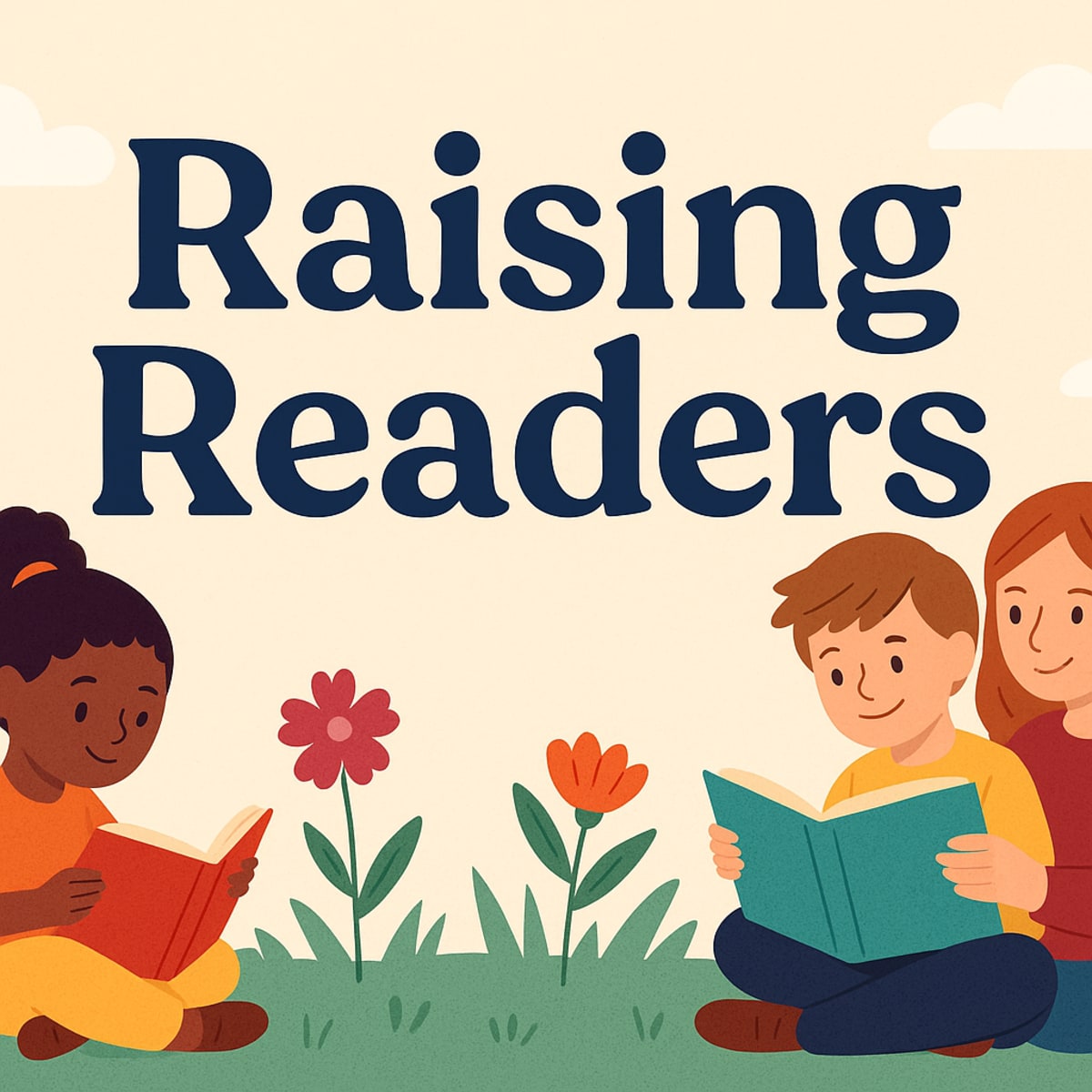
Why I Wrote The Unicorn Shore and Why Quality Early Chapter Books Matter
As a parent, teacher, and author, I’ve watched the early chapter book space slowly shift. Sometime in the last decade, many of the books meant for 6 to 9-year-olds began to reflect themes more suited for older readers. Snarky characters, mean girls, teen protagonists, and heavy social issues crept into stories designed for children still learning how to navigate friendship, kindness, and growing up gently.
The market followed what was trendy, but in doing so, it left something behind: the wonder and emotional safety of true early childhood storytelling.
There are practical reasons too. For indie authors, early chapter books are one of the hardest categories to sell. They sit in a tricky middle ground—too long to be considered picture books, too short and simple to be taken seriously. Early Chapter Books are often mistaken for illustrated children’s books and are criticized in reviews for their lack of full-color pages, limited illustrations, or language that seems, "simple" or "uninspired" to adult eyes. H
In truth, the language, illustrations, and sentence structure in early chapter books are carefully chosen to support developing readers. The simplicity is intentional—not a sign of weak writing. In fact, this is one of the few categories in children’s literature that must follow strict industry guidelines. Books that don’t meet those standards may not be considered publishable in the traditional sense. A lexile score is calculated based on these specific factors and then that lexile helps determine what age and reading level the book is appropriate for. This helps parents and teachers know what their students can read on their own to prevent overwhelm and frustration. Early Chapter Books matter deeply, because this is the stage where many children decide whether or not they love to read.
Here are just a few of the early chapter book standards authors must work within:
- Lexile Range: Typically 300L to 600L, limiting sentence complexity and vocabulary
- Sentence Length: 8 to 12 words per sentence, with straightforward syntax
- Word Count: Around 2,000 to 10,000 words total
- Chapter Length: 2 to 6 pages per chapter
- Content: Age-appropriate themes, clean character dynamics, and relatable struggles without overwhelming emotional weight
Many indie authors have understandably turned to genres that offer more creative freedom like middle grade novels, YA, or picture books. This leaves early chapter books to large publishers who often tie content to branded characters or entertainment franchises for fast easy sells. These characters may be fun, but the content doesn’t always serve young readers well.
My hope in writing The Unicorn Shore was to prove that early chapter books don’t have to sacrifice emotional depth or beauty just to fit the mold. There can be gentle, suspenseful adventure that offered heart, imagination, and meaningful themes without pushing children into mature content too soon.
It’s about courage, feeling left out, belonging, friendship, and the quiet kind of strength that grows they learn to not let fear decide what they do next.
Children deserve good stories at every stage. Not just when they can read longer books, or understand sarcasm, or relate to middle school drama. When shallow content is the mainstream offering, it's understandable why so many decide it's not worth their time. Right now, in the middle of learning to love reading, they deserve stories worth loving.